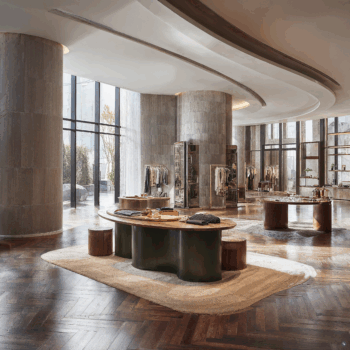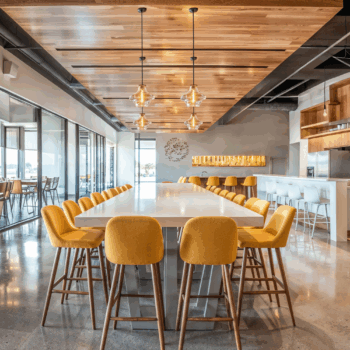
Japanese Zen design celebrates tranquility and harmony, creating spaces that evoke a sense of peace and mindfulness. Rooted in simplicity and natural elements, this timeless aesthetic balances form and function, emphasizing uncluttered living. Neutral palettes—soft beiges, earthy browns, and muted greens—establish a serene foundation, while natural materials like bamboo, stone, and wood infuse warmth and authenticity into every corner.
The Core Principles of Japanese Zen Design
At its essence, Japanese Zen design is guided by balance, harmony, and a deep respect for nature. Its key elements include:
1. Simplicity with Intent
Zen spaces prioritize uncluttered environments and a “less is more” philosophy. Every detail is purposefully chosen to evoke peace and mindfulness, creating an atmosphere that encourages introspection.
2. Natural Connection
Organic materials such as bamboo, wood, and stone root spaces in the natural world. Large windows and indoor gardens bring the outdoors in, fostering a seamless relationship between interior and exterior environments.
3. Muted, Earthy Palettes
Neutral tones—soft beiges, gentle grays, and calming greens—dominate, creating serene backdrops that are soothing to the senses.
4. Tactile Textures
Raw materials, such as textured plaster walls, woven bamboo panels, and smooth river stones, add sensory depth, while soft textiles like linen or cotton provide warmth and comfort.
5. Harmony and Flow
Zen design emphasizes spatial flow and balance, often inspired by traditional Japanese architecture. Spaces are arranged to foster tranquility and a sense of renewal.
6. Sustainability
Rooted in respect for the environment, Zen design incorporates eco-conscious materials and practices, emphasizing durability and natural beauty.
Japanese Zen Design in Practice
Healing Havens for Healthcare
Zen-inspired pharmacy prioritize serenity and wellness. Bamboo paneling, stone accents, and soft lighting create environments where patients and visitors feel at ease, while indoor gardens offer moments of reflection and calm.
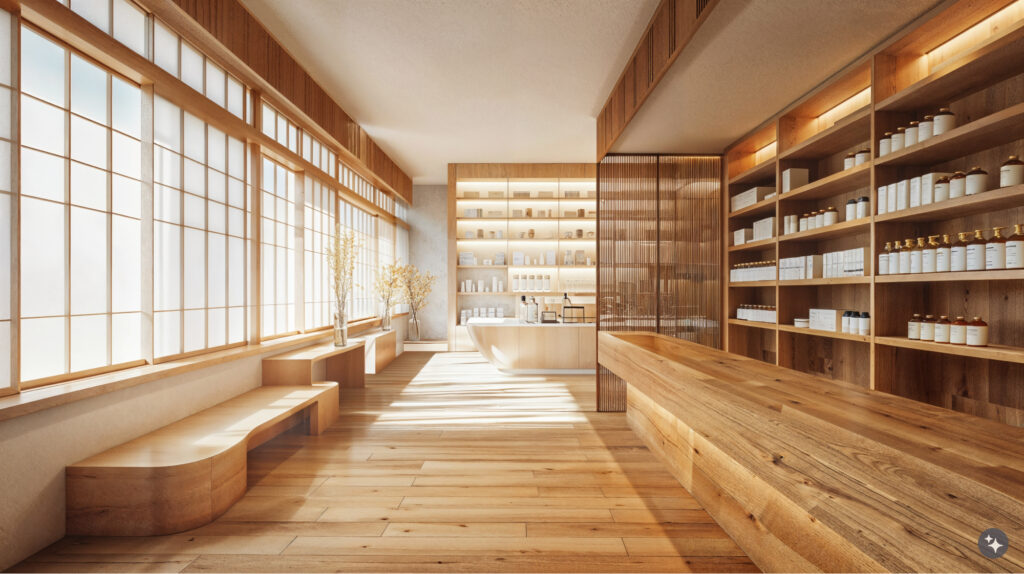
Mindful Workspaces
Bring clarity to the workplace with serene design. Open layouts, natural textures like wood and stone, and subdued color palettes create a peaceful environment that fosters focus, productivity, and a sense of balance.
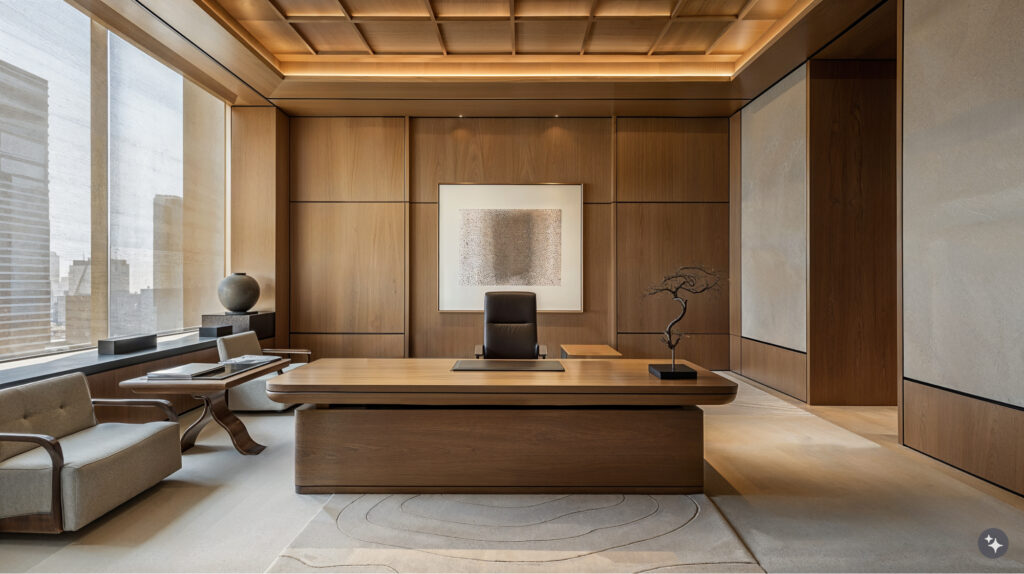
Tranquil Learning Environments
Zen principles transform classrooms into spaces of calm and creativity. Minimalist furniture, natural light, and greenery promote focus and imagination, offering students an atmosphere conducive to meaningful learning.

Serene Stays and Spa Escapes
In hospitality, this aesthetic redefines luxury. Wabi-sabi aesthetics, raw wood finishes, and gentle water features create tranquil retreats where guests can recharge, surrounded by nature’s elegance.
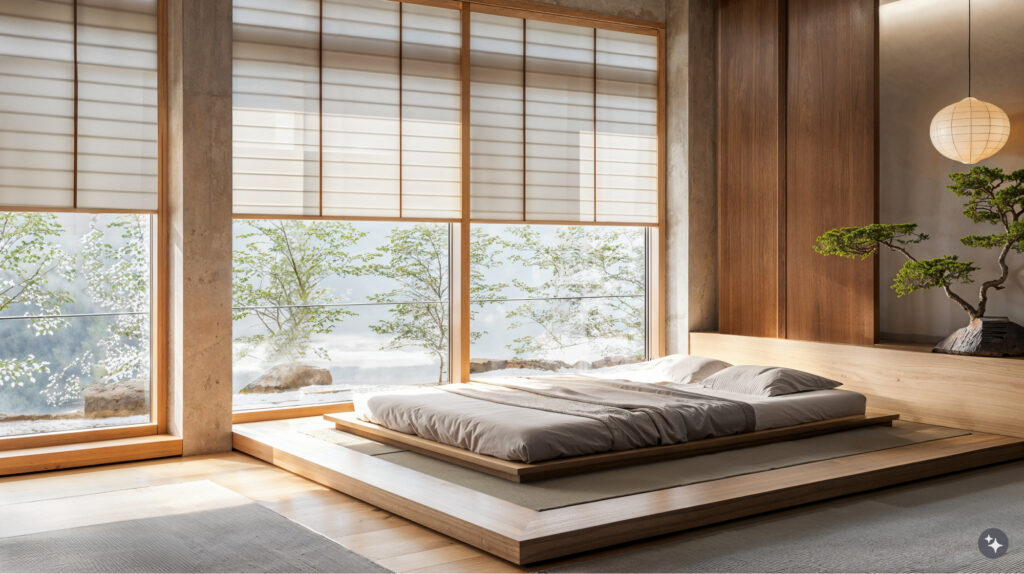
Cultural Spaces with Flow
Museums and galleries benefit from the emphasis on balance and flow. Neutral backdrops and organic materials focus attention on exhibits while fostering a sense of contemplation and quiet engagement.
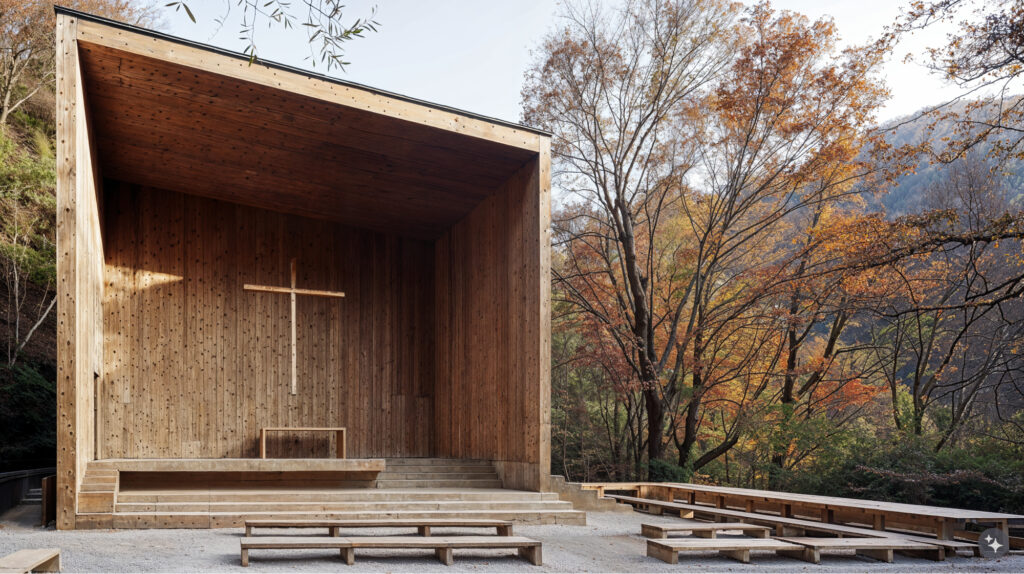
Intentional Retail Retreats
Transform shopping into a meditative experience. Minimalist layouts, earthy hues, and natural materials enhance product presentation while creating an inviting, calming atmosphere for customers.
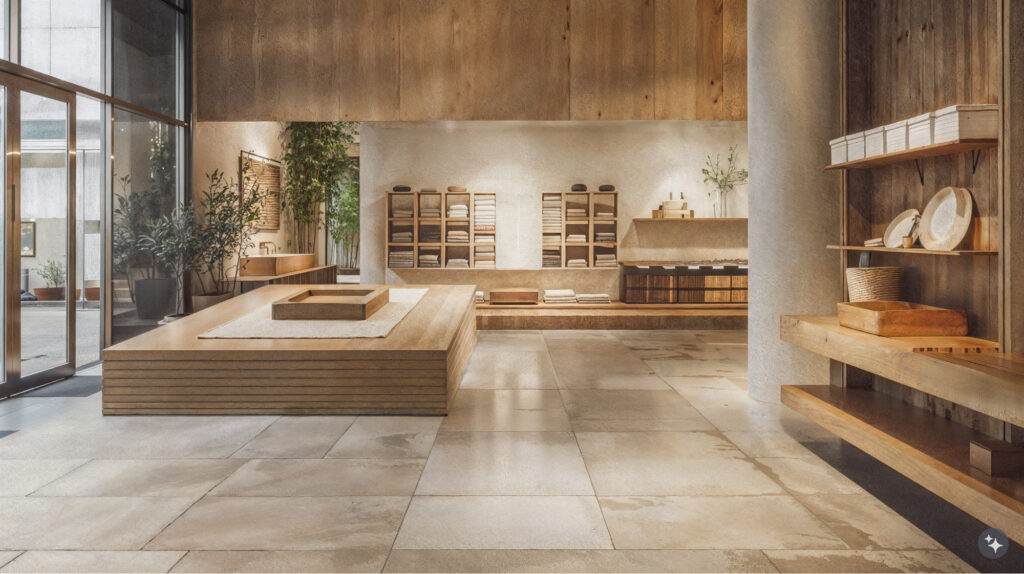
Zen at the Crossroads: Transportation Hubs Reimagined
Busy transit hubs become oases of calm with Zen design. Ergonomic seating, intuitive layouts, and warm, natural textures balance functionality with serenity, offering travelers a more pleasant journey.

Dining with Balance and Beauty
Tranquil-inspired restaurants fuse elegance with versatility. Clean lines, natural palettes, and organic materials create spaces that seamlessly shift from casual daytime meals to intimate evening gatherings.
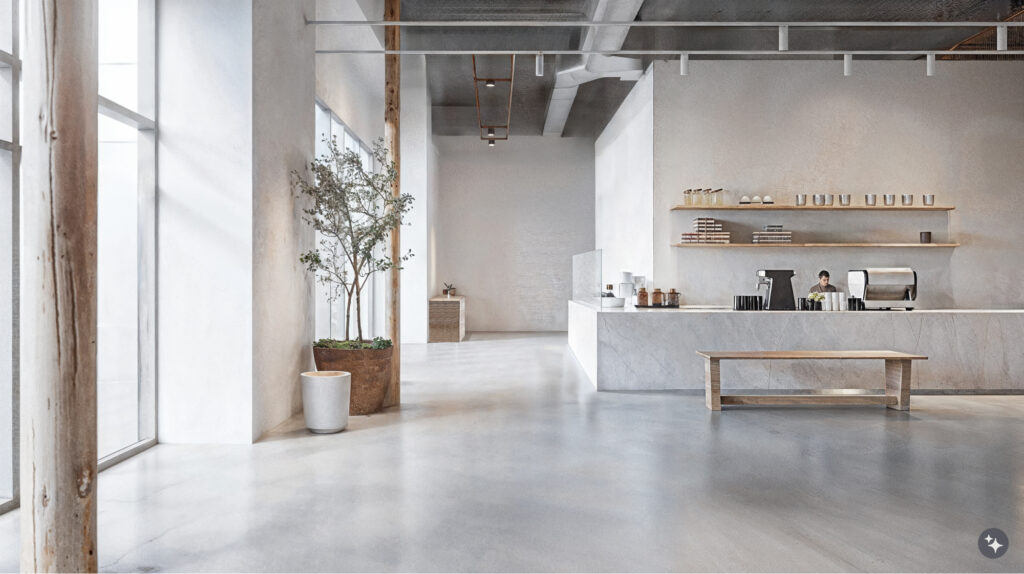
Sanctuaries at Home
Infuse your home with serenity. Open spaces, neutral tones, and tactile materials create a retreat-like environment, fostering relaxation, mindfulness, and connection to the natural world.
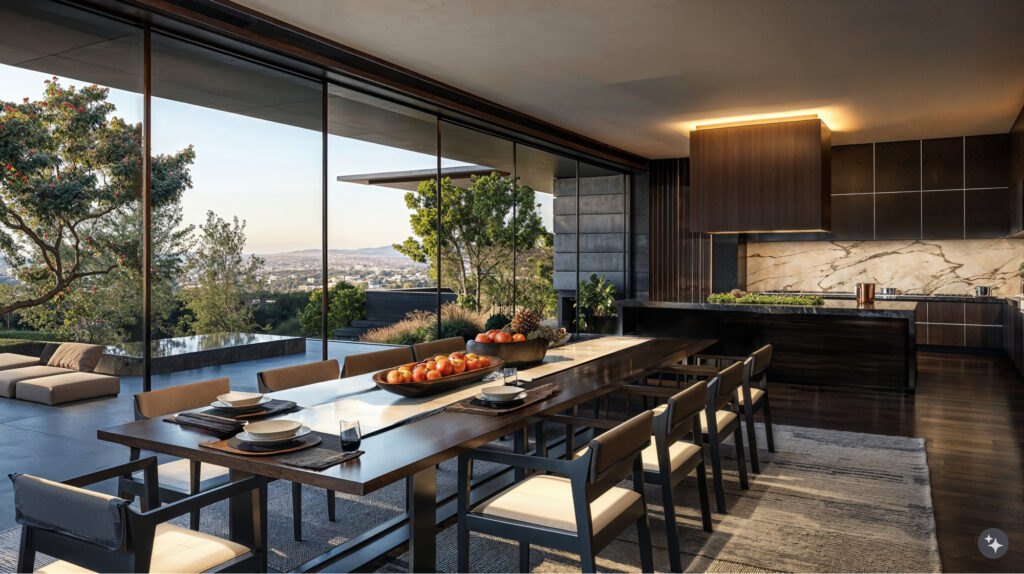
Japanese Zen design’s timeless appeal and restorative qualities make it an ideal choice for modern interiors, offering spaces that are as beautiful as they are harmonious.
Looking for more Japanese-inspired design inspiration? Check out our article on Wabi-Sabi Kitchen.





